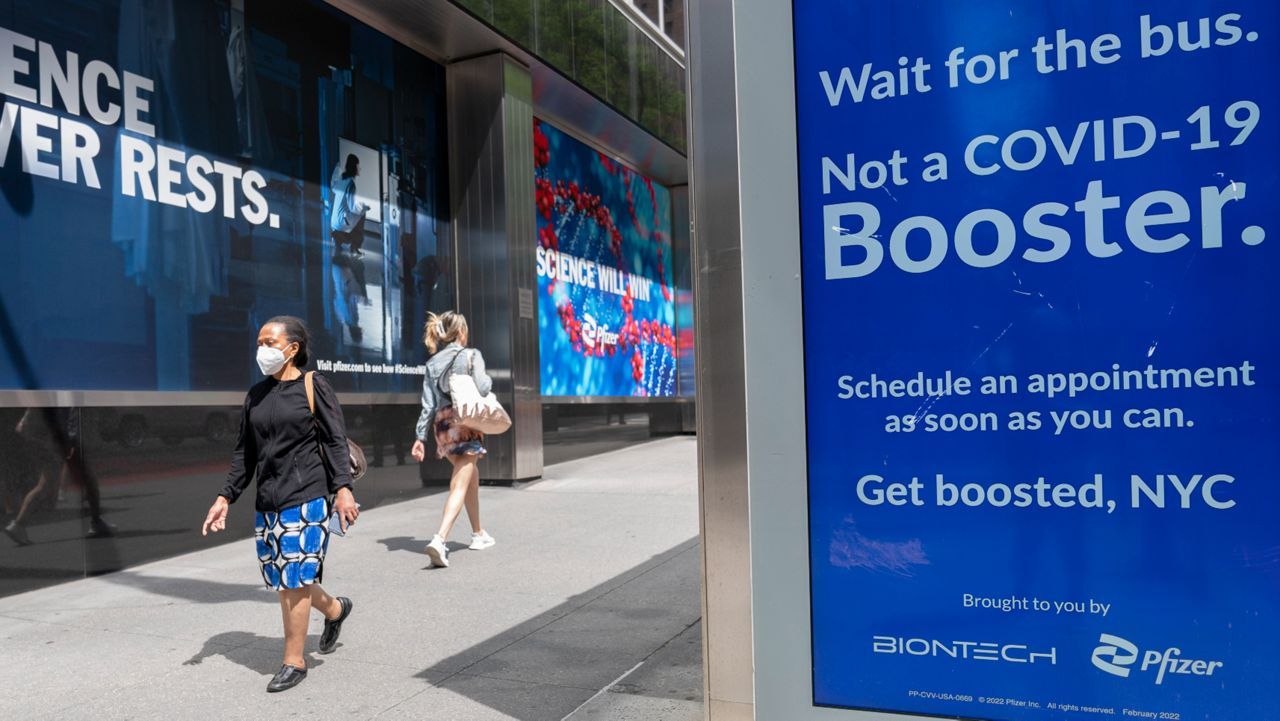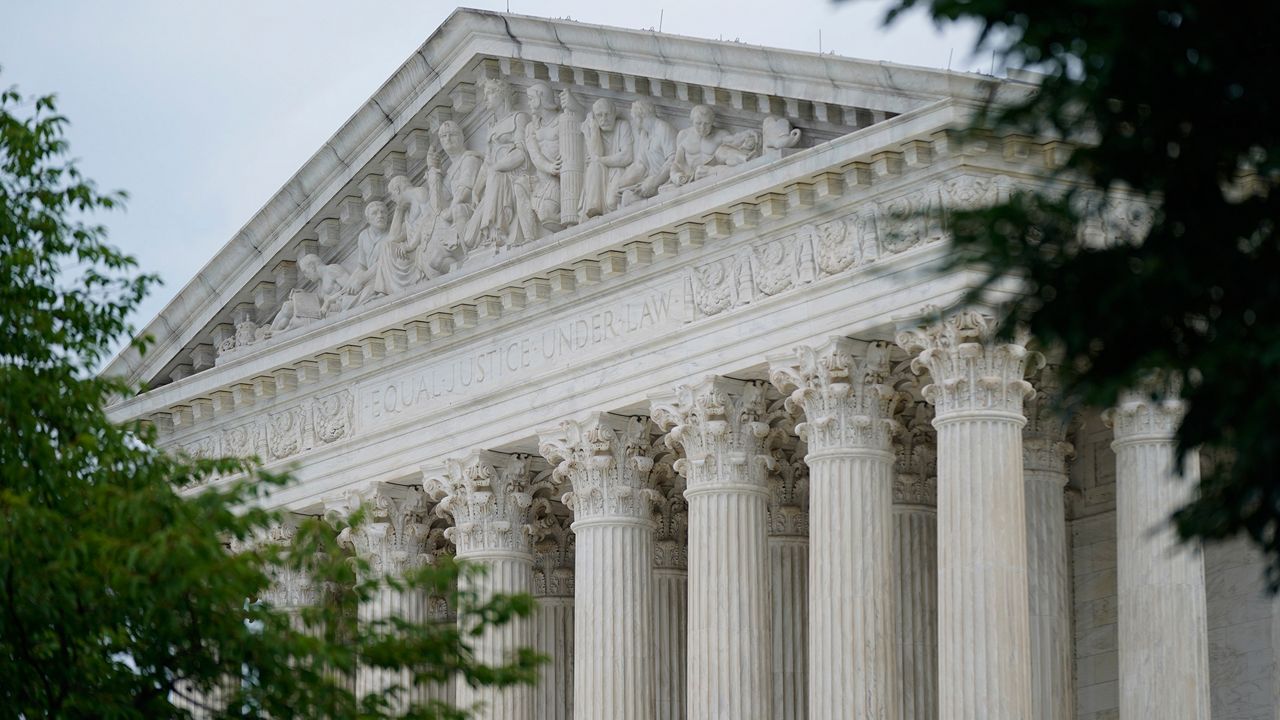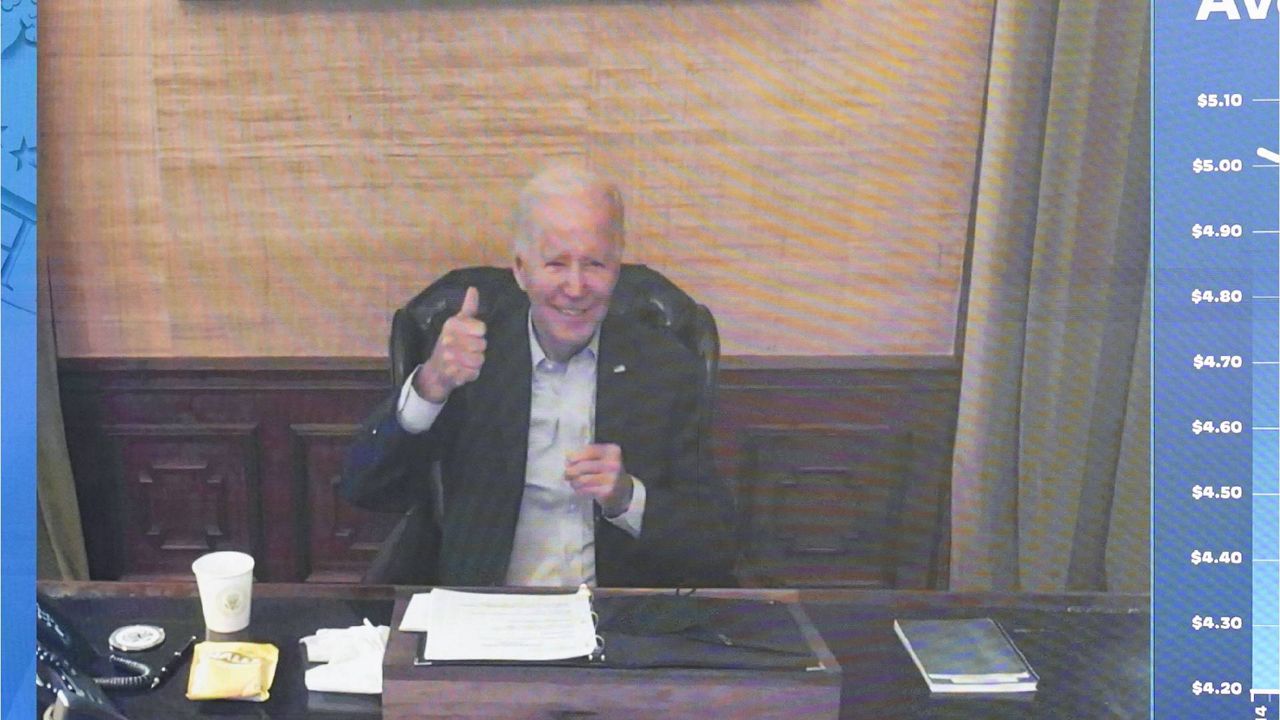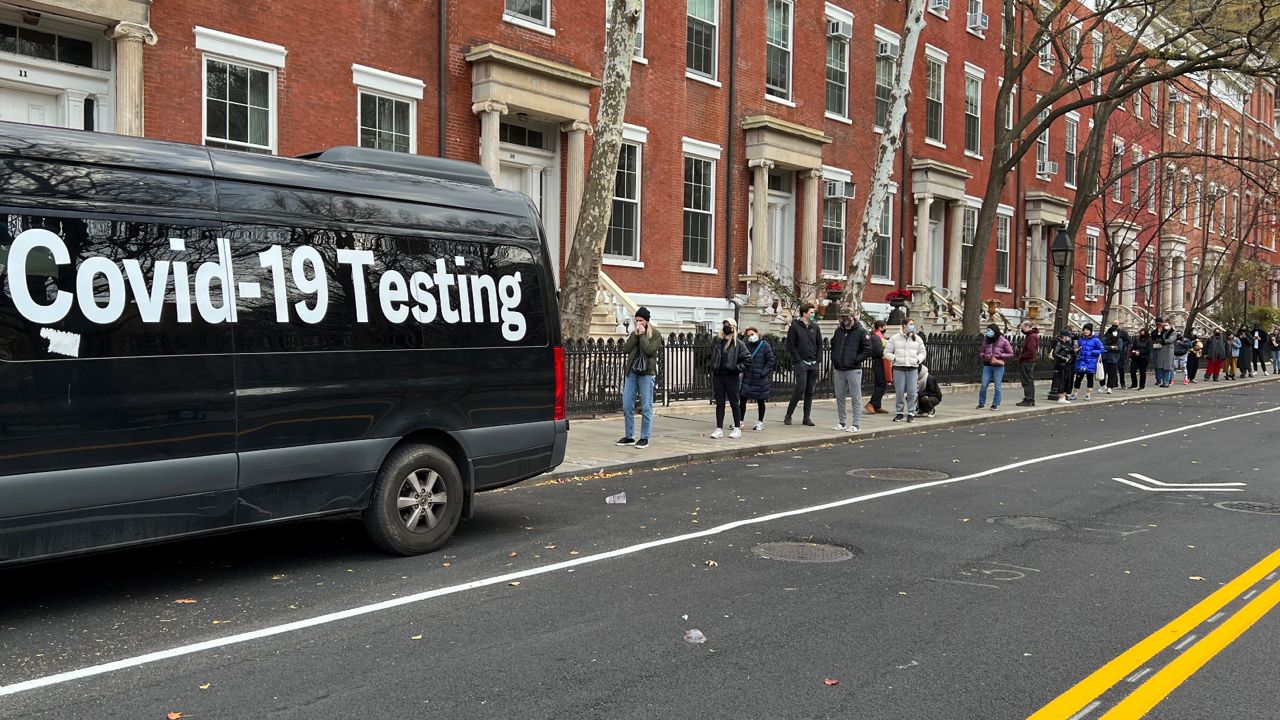Hundreds waited in the rain in Jamaica, Queens — careful to keep an appropriate distance from each other — in a line that stretched for almost two blocks.
One man picking up food was almost in tears when asked how his community is managing during the crisis.
- LIVE UPDATES: Coronavirus in New York City
- LIVES LOST: Remembering Victims of the Coronavirus
- What to Do If You Test Positive for COVID-19
- CDC Coronavirus Page
- WHO Coronavirus Page
“They are in need. They need it. You know, you need food on your table. So, there’s no jobs. I mean….I don’t want to start crying over here,” said the Jamaica resident.
The giveaway was part of the city’s effort to ramp up distribution of halal meals that meet Muslim dietary restrictions during Ramadan, the holiest month on the Muslim calendar.
An additional 400,000 halal meals are being distributed during the month at city schools, and another 150,000 meals are being handed out at community-based organizations like ICNA, the Islamic Circle of North America. The organizations say anyone who needs a meal will get one, regardless of religious beliefs.
“It’s part of our faith to help your neighbors that are closest to you,” said Shumaila Noor, a coordinator with the Islamic Circle of North America. “Part of the reason why we fast is so we can feel empathy and we can feel what others are feeling when in hunger. So this is basically us in action.”
Sanitation Commissioner Kathryn Garcia, who was appointed the city's food czar during the coronavirus crisis says nearly 1.2 million New Yorkers people had trouble securing adequate food before the pandemic. Now, with so many out of work, the need is much greater.
“The food insecurity challenge is going to go on for a very long time,” said Garcia. “We are not going to be able to turn the economy back on on a dime. But we need to be committed to making sure that together, all across the city, whether or not it’s community-based organizations, government or philanthropy, that we are keeping people fed.”
As for ICNA, the group says its volunteers are distributing more than five times the amount of food compared to the same period last year.
Since the pandemic began, ICNA estimates it's fed close to 40,000 people across the city.









